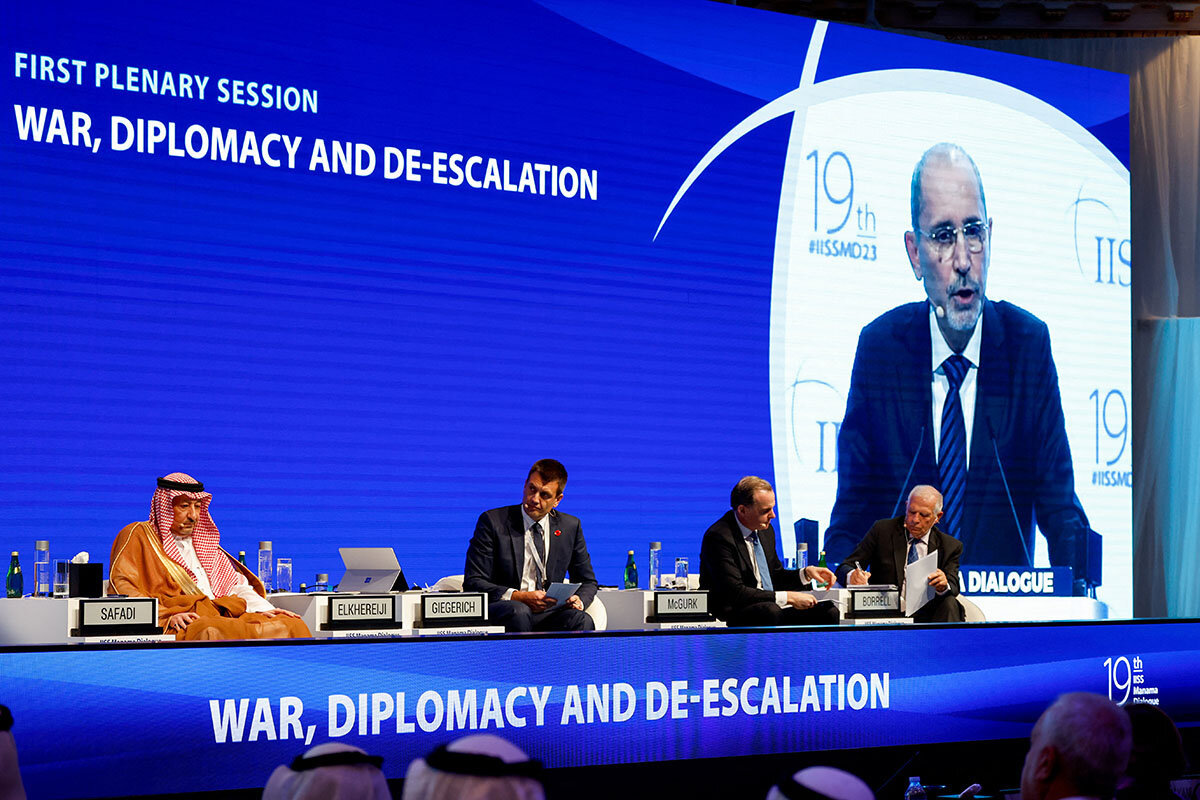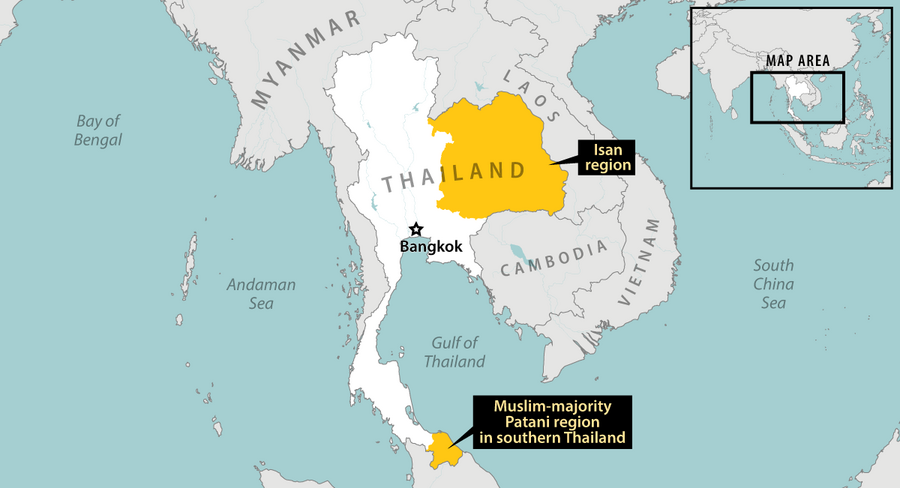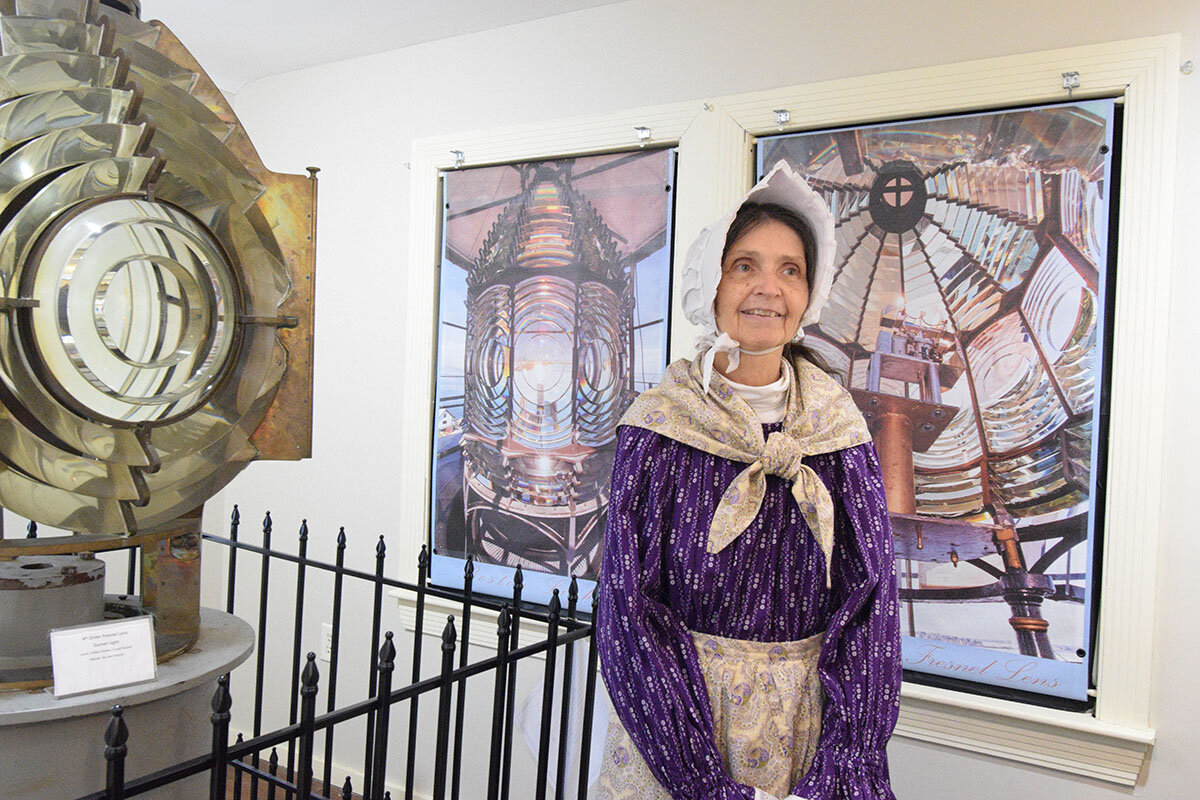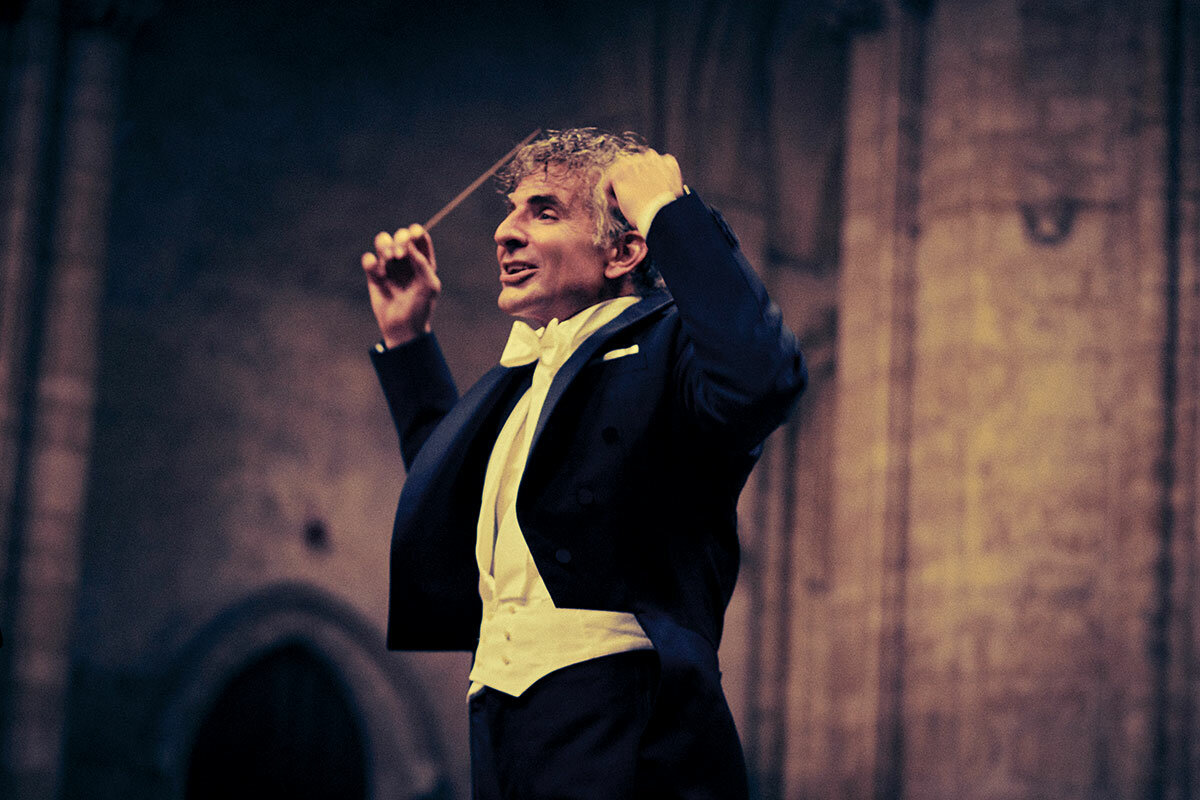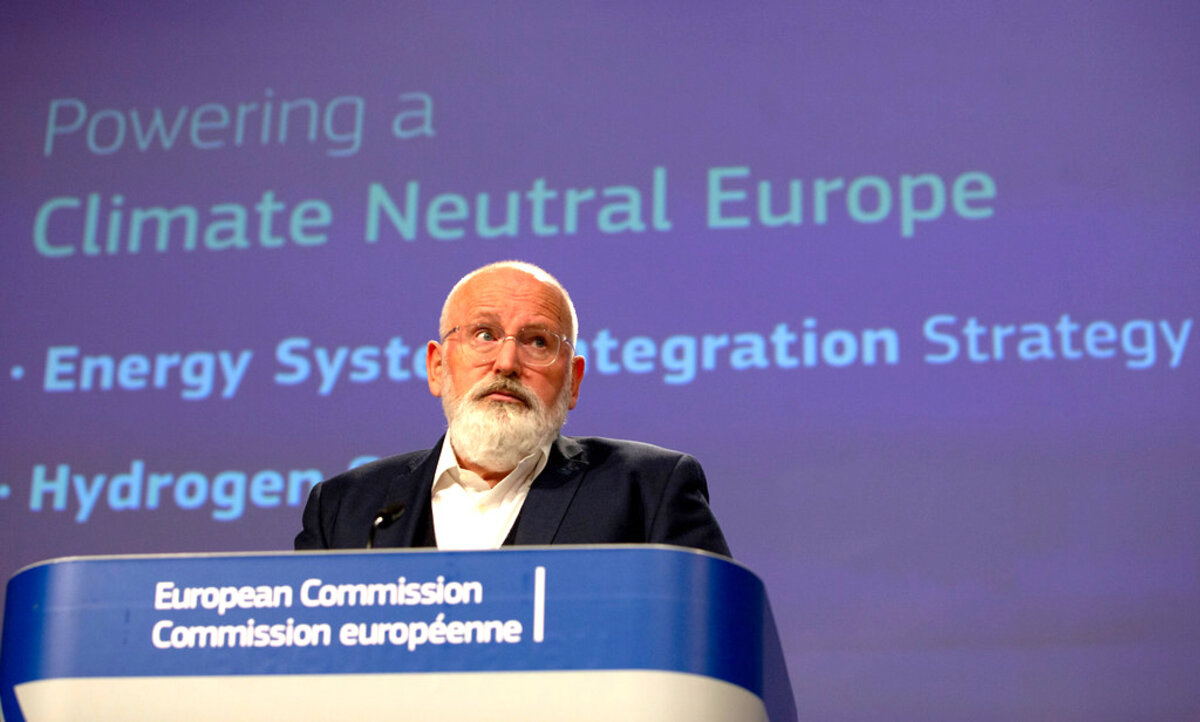Many voters say they want an alternative to the Democratic and Republican front-runners. But can independent candidates be anything other than spoilers?

Why is Christian Science in our name?
Our name is about honesty. The Monitor is owned by The Christian Science Church, and we’ve always been transparent about that.
The Church publishes the Monitor because it sees good journalism as vital to progress in the world. Since 1908, we’ve aimed “to injure no man, but to bless all mankind,” as our founder, Mary Baker Eddy, put it.
Here, you’ll find award-winning journalism not driven by commercial influences – a news organization that takes seriously its mission to uplift the world by seeking solutions and finding reasons for credible hope.
Explore values journalism About usMonitor Daily Podcast
- Follow us:
- Apple Podcasts
- Spotify
- RSS Feed
- Download
 Mark Sappenfield
Mark Sappenfield
For weeks, Ghada Abdulfattah has lived a double life – as a reporter and as a refugee in her own land. It’s thanks to her that The Christian Science Monitor has essential coverage from Gaza.
She has found ways to file her stories despite having no electricity. Her house has been hit twice – by artillery fire and tank fire – destroying her kitchen, though thankfully wounding no one. And twice, she’s had to flee elsewhere with her family.
In a text exchange over WhatsApp, she opened a small window on what it’s like to balance professionalism, doubt, fear, and love in this extraordinary moment. You can read more here.
Already a subscriber? Log in
Help fund Monitor journalism for $11/ month
Monitor journalism changes lives because we open that too-small box that most people think they live in. We believe news can and should expand a sense of identity and possibility beyond narrow conventional expectations.
Our work isn't possible without your support.
Today’s stories
And why we wrote them
( 5 min. read )
A Letter From
( 2 min. read )
Originally, the Manama Dialogue was supposed to discuss how to strengthen ties among Mideast countries, including Israel. Then the war happened. What followed is a parable of how trust is lost. A first step to rebuilding it, however, seemed clear to many.
( 4 min. read )
Many countries face a balancing act in responding to the Israel-Hamas war. But Thailand is in a particularly difficult spot. In the north, families fear for loved ones kidnapped by Hamas. In the south, many people empathize with the Palestinians, seeing an echo of their own struggles.
( 6 min. read )
Lighthouses offer a certain nostalgic draw. But as the last lighthouse keeper in the United States retires, she insists that the beauty of the beacon need not be locked in the past.
( 4 min. read )
Religious intolerance and hatred can often seem so deeply ingrained as to present no way forward. In India, sectarian tensions are worsening. But the life and work of a famous poet is also serving as a reminder that the instinct to love and unite is just as deep.
Film
( 4 min. read )
Films about artists face a dilemma: Focus on the artists or their art? It’s a tough balance for the best movies. But in focusing on the troubled marriage of Leonard Bernstein, a new film misses both the man and the legendary musician.
The Monitor's View
( 3 min. read )
He convinced Europe to become the first continent to be climate neutral by 2050. He convinced it to switch large tracts of land to nature preserves. Now Frans Timmermans, or “Mister Green Deal,” faces what may be an even bigger challenge. After stepping down as European Commissioner for green policies in August, the Dutch politician is facing voters Wednesday in an election that will determine the next prime minister of the Netherlands. Only it is much more than that.
Mr. Timmermans’ main hurdle in the election: convincing Dutch citizens that the costs of going green will be fairly shared – among farmers or anyone else who contributes to greenhouse gases – and that no one is left behind in Europe’s energy transition.
The election is one of the most closely watched this year, and for good reason. It comes days before the next climate summit convened by the United Nations. The confab opens Nov. 30 in Dubai with one focus: how to distribute the burden of mitigating and adapting to climate change. Emerging economies are seeking some $100 billion from rich nations to soften the impact of extreme weather.
The Dutch election could send a signal on whether leaders like Mr. Timmermans can be trusted to find fair formulas for energy sacrifices at the local and national level. He certainly knows the issue. A half-century ago, he watched how the hometown of his grandfather, a miner, had to face the government closure of coal mines.
“After the mine closures, Meezenbroek slid away, slowly at first and later more rapidly,” Mr. Timmermans wrote in a newsletter after a campaign stop there. “Neglect, alienation, degradation. A feeling of insecurity, a deep unease.”
The big issue he faces in the campaign is whether to force Dutch farmers to reduce the nitrogen emissions that contribute to global warming – a mandatory policy he championed in the European Union. Last March, after protests by farmers on tractors, a pro-farmers party won heavily in local elections. In a televised debate, he suggested that he was open to negotiating.
Mr. Timmermans “will have his work cut out to win over the Dutch public – a majority of whom support farmers in opposing government plans to cut pollution by reducing livestock herds,” wrote Francesco Grillo of European University Institute in The Guardian.
The election is a test of how leaders can calm the fears of individuals over the coming energy transition. “Discontent with green policies is not necessarily a sign that people are unconcerned by climate change. More plausibly, they are tired of being lectured to and impatient with the failure to recognise that the energy transition can’t be achieved by one-size-fits-all prescriptions that pay scant attention to implementation and cost at the individual level,” wrote Mr. Grillo. “We will win the battle for the radical transformation required only if citizens see themselves as part of it, rather than as passive consumers of top-down decisions.”
Having come down from the top echelons of EU decision-making, Mr. Timmermans is now humbled by the farmers he faces. “I am hereby offering them a helping hand,” he said. “We will come up with proposals together.”
A Christian Science Perspective
Each weekday, the Monitor includes one clearly labeled religious article offering spiritual insight on contemporary issues, including the news. The publication – in its various forms – is produced for anyone who cares about the progress of the human endeavor around the world and seeks news reported with compassion, intelligence, and an essentially constructive lens. For many, that caring has religious roots. For many, it does not. The Monitor has always embraced both audiences. The Monitor is owned by a church – The First Church of Christ, Scientist, in Boston – whose founder was concerned with both the state of the world and the quality of available news.
( 4 min. read )
Claiming a spiritual sense of security, we receive the divine inspiration that saves, as a woman experienced when part of her house caught fire.
Viewfinder

A look ahead
Thank you for joining us today. Tomorrow, we’ll have a Monitor Daily filled with gratitude, in recognition of the American celebration of Thanksgiving later this week. We’ll also continue to keep an eye on the latest developments in the Middle East.




